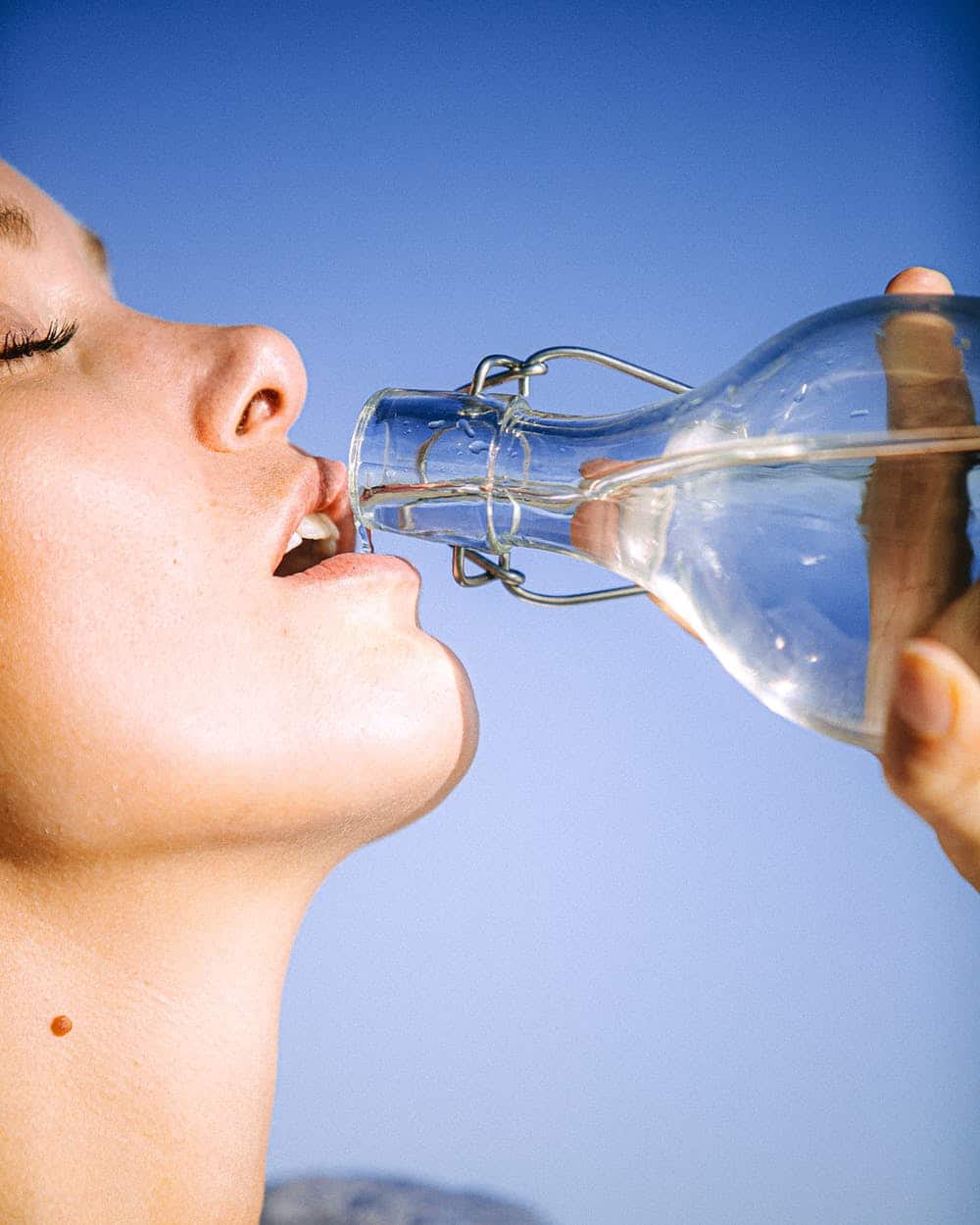
07 Sep Dry Mouth: Causes and Prevention
Do you suffer from dry mouth? Chronic dry mouth could be having a negative affect on your dental health. At Prescott Dentistry, we are committed to helping our patients the best oral health possible. Understanding the causes of dry mouth and the best methods of prevention will help you keep your smile bright and healthy.
What Causes Dry Mouth?
Dry mouth, also known as xerostomia, is a condition which causes the salivary glands in the mouth to malfunction, resulting in decreased levels of saliva in the mouth. Dry mouth can be the result of a variety of different factors, such as medication side effects, aging, radiation therapy, and more. Dry mouth can happen as a result of other health-related factors, it can occur as a symptom, or it can be its own stand alone condition.
Some common causes of dry mouth include:
- Dehydration: Fevers, excessive sweating, vomiting, diarrhea, and burns can all lead to dry mouth.
- Cigarettes: Smoking is one of the main causes of chronic dry mouth, and often leads to gum disease.
- Medications: Dry mouth is a common side effect of many different types of drugs.
- Illness: Dry mouth can occur as a side effect of diseases and infections such as diabetes, anemia, Alzheimer’s disease, cystic fibrosis, mumps, HIV/AIDS, Parkinson’s disease, and more.
- Medical Treatments: Procedures such as chemotherapy and radiation treatments for cancer may cause damage to the salivary glands.
- Nerve Damage: Dry mouth can be caused by nerve damage in the head or neck area.
- Surgery: If you have surgical removal of your salivary glands you will likely experience dry mouth.
Risks Associated with Dry Mouth
Saliva plays an important role in preventing tooth decay. It neutralizes the acids produced by bacteria and helps break down food and wash away food particles from the mouth. It also helps to remineralize your tooth enamel.
Saliva makes chewing easier and improves your ability to taste food. If you have decreased saliva production and dry mouth, you may be at higher risk for developing cavities and tooth decay. Dry mouth may also put you at risk for developing sores in the mouth or oral yeast infections, known as thrush.
Can Dry Mouth Be Prevented?
If dry mouth is the result of a certain medication or medical treatment, it cannot be prevented. However, there are ways to lessen the severity of dry mouth and make this pesky side effect much easier to live with. To alleviate the negative effects of dry mouth, follow these steps:
- Drink at least two quarts of water (eight 8oz glasses) per day.
- Use a humidifier in your home, especially in your bedroom.
- Breathe through your nose rather than through your mouth.
- Avoid caffeinated beverages, tobacco, and alcohol. All of these substances increase dryness in the mouth.
Suffering from Dry Mouth? Call Prescott Dentistry today!
If you’re suffering from dry mouth and aren’t sure how to fix it, give us a call. We understand just how hard it can be to live your day-to-day life with a condition that can be debilitating in severe cases. Our team of dental professionals is here to help you in any way that we can. Contact us today to make an appointment and take the next step towards dry mouth relief.



